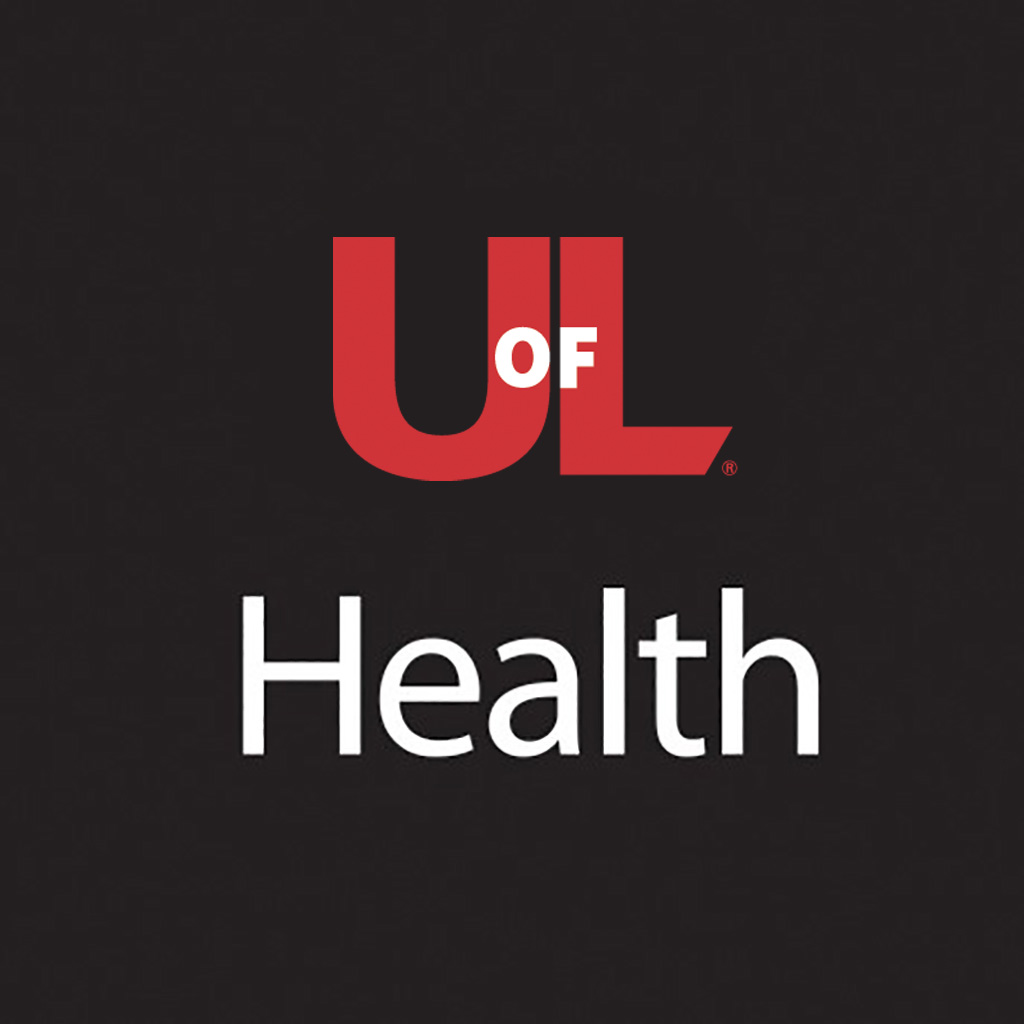
After facing a breast cancer diagnosis and completing treatment, many women find themselves asking, “what next?” It’s a big transition to go from visiting your physician every week or so to every three to six months, and this change can leave many breast cancer survivors feeling unsure and unsettled.
So what can you do to ease into this transition and realize your new normal? A great first step is doing your homework.
Lesson No. 1: Screening.
As a breast cancer survivor, it’s important to know what your screening guidelines are. Ask your doctor when your next mammogram is due and if you are a candidate for additional screening, such as a breast MRI or a diagnostic mammogram. Self-breast exams remain an important tool that women should utilize every month. Even if you elected for a double mastectomy, it’s still important to perform a self-breast or chest wall exam every month and know what worrisome signs or symptoms you should report to your doctor. Some examples could include a new lump, skin changes or a rash on the chest or breast area. Breast cancer surveillance guidelines do not recommend routine imaging with CT scans or PET scans.
Lesson No. 2: Take your medication.
Many women will be prescribed an anti-estrogen pill that they take on a daily basis for 5-10 years. Some studies indicate that less than 50 percent of women actually take these medicines as prescribed. In many ways, this anti-estrogen pill is the most important part of your treatment. If you are struggling with side effects from the medication or having difficulty affording the prescription, please ask your doctor for assistance; we are here to help you.
Lesson No. 3: Live an active and healthy lifestyle.
Exercise and a healthy diet will benefit breast cancer survivors in endless ways. Both are proven to improve fatigue, increase energy levels, reduce hot flashes and improve depression and anxiety symptoms. Many studies also link a healthy weight and regular exercise to reduced rates of breast cancer relapse. The American Cancer Society recommends:
- A diet rich in vegetables, fruit and whole grains.
- Avoid processed food (anything that comes in a package such as frozen microwave meals, canned soup, packaged snacks) and red meat.
- Great protein sources include chicken, turkey, fish, nuts, quinoa and legumes (beans).
- Alcohol intake should also be limited. No more than one alcoholic beverage per day is recommended for breast cancer survivors.
- Women should exercise 30 minutes/day, five days/week with moderate intensity. This means becoming a little short of breath and sweaty during your exercise. Many women confuse working all day at a job that requires a lot of walking or physical labor as exercise, but this does not count. You still need purposeful exercise 5 days/week.
Lesson No. 4: Maintain a good relationship with your primary care provider.
During their breast cancer treatment, many women lean on their oncologist and may not see their primary care provider often or at all during their treatment. It’s important after treatment is completed to visit with your primary care provider and let them know what treatment you have received. Primary care providers are an integral piece of your care and it is important to have their input and assessment during your oncology follow up visits.
Lesson No. 5: Please ask.
If you have any questions or concerns after your treatment is complete, please ask your provider. At UofL Health – Brown Cancer Center, we strive to help you with whatever your worry is. Never lose a night’s sleep over an unanswered question. Our triage line (available to current/former UofL Health – Brown Cancer Center patients) is available every day of the week, 24 hours a day, including holidays. We are here to help you through your breast cancer treatment journey and we will continue to help you throughout your survivorship journey.
Anyone who has been diagnosed with cancer can benefit from the Thrive Clinic! The Thrive Clinic focuses on educating patients on their cancer diagnosis and treatment plan. There is a focus on restoring function, improving quality of life and prevention of additional cancer-related side effects or recurrence.









